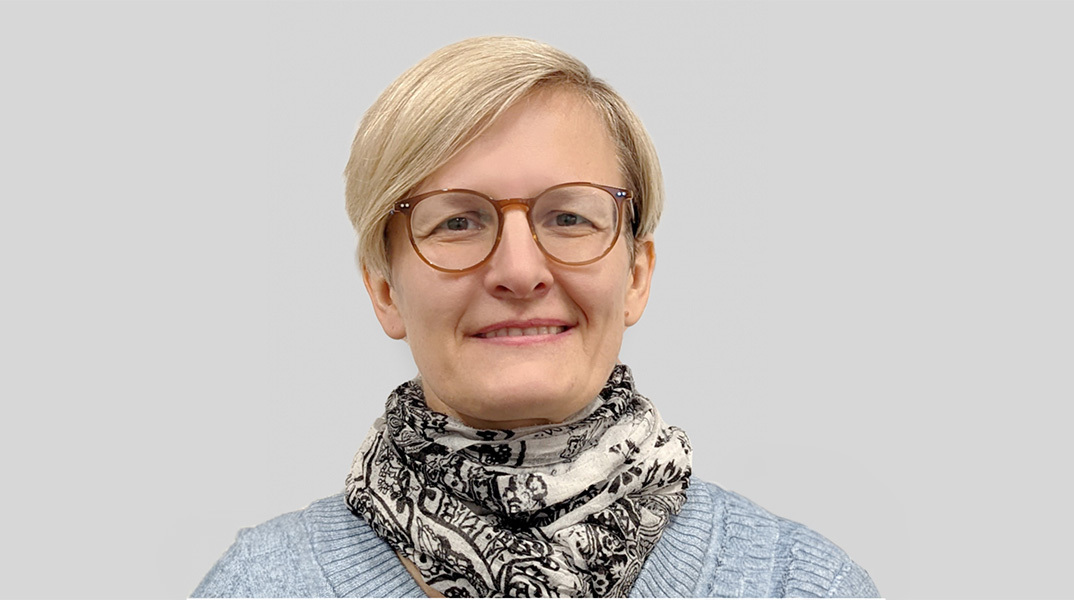Prof Dr Tetiana Kyselova

Prof. Kyselova is a renowned expert in mediation, international peacebuilding and conflict resolution. In this context she has also been involved for many years in civil society projects promoting dialogue and peacebuilding in Ukraine.
Following her first doctorate in law from the Academy of Sciences of Ukraine in 2003, Prof. Kyselova obtained a DPhil in Socio-Legal Studies from the University of Oxford in 2012.
Tetiana Kyselova has been a guest lecturer at numerous renowned European universities and has served since 2012 as Associate Professor at the National University of Kyiv-Mohyla Academy, where she founded the Mediation and Dialogue Research Center. Prior to her URIS fellowship she was involved in several research projects with the Swiss peacebuilding foundation "Swisspeace" (Basel).
Contact (tetiana.kyselova@unibas.ch)Research Project
Intra-Party Multi-Track and Detrimental Inclusion: Lessons Learnt from the Minsk Peace Processes in the Russian-Ukrainian War 2014-2021
Since the Russian annexation of Crimea and the covert invasion of the Donbas in 2014, war has been raging in Ukraine. A lasting peace seems more distant than ever following the Russian invasion in February 2022. But what might a roadmap to peaceful relations between Ukraine and Russia look like? What factors have shaped and hampered peace efforts between the two countries since 2014? What role is played by the two Minsk agreements, by international players, and by Ukrainian and Russian civil society?
Our URIS visiting fellow Professor Tetiana Kyselova explored these questions during her stay at the University of Basel. Dr. Kyselova is a renowned expert in mediation, international peacebuilding and conflict resolution. In this context, she has also been involved for many years in civil society projects promoting dialogue and peacebuilding in Ukraine.
In this project she investigates the impact of the Minsk agreements (2014/15) on the (failed) peace process between Russia and Ukraine from 2014 to 2022. Early research findings show that the peace efforts based on "Minsk I and II" reflected a power-based and manipulative negotiating style on the part of Russia and a lack of political will to achieve a lasting peace. International players were also reluctant to respond to Russia's obstructionism, and Ukrainian civil society was not sufficiently included in the peace efforts.
Teaching at the University of Basel
Professor Kyselova accompanied her research project with a course in the 2023 spring semester on "The Russian-Ukrainian War: Conflict Analysis, Mediation and Dialogue Interventions". The course took up questions of interdisciplinary peace and conflict research and applies these to the current Russian-Ukrainian war. It aimed to familiarise students with basic approaches and tools of conflict resolution and to apply this knowledge to the current war in Ukraine. The course also included insights into current social processes in Ukraine such as identity formation, state-building, and the mobilisation of civil society.
Public Statement to Pacifist Movements Worldwide
Downloads
- CV Tetiana Kyselova
- Kyselova Holper 2020 Inclusion Dilemmas in Peacebuilding and Dialogues in Ukraine
- Kyselova 2019 Mapping Civil Society and Peacebuilding in Ukraine Peacebuilding by Any Other Name
- Kyselova et al 2019 Dilemmas and Trade Offs in Peacemaking A Framework for Navigating Difficult Decisions
Upcoming Events with Tetiana Kyselova
The course of our new URIS fellow Prof. Tetiana Kyselova takes up questions of interdisciplinary peace and conflict research and applies these to the current Russian-Ukrainian war.
On the occasion of the anniversary of the Russian war of aggression against Ukraine, a scientific conference on Ukrainian science and research in war will be held on 24 February 2023.